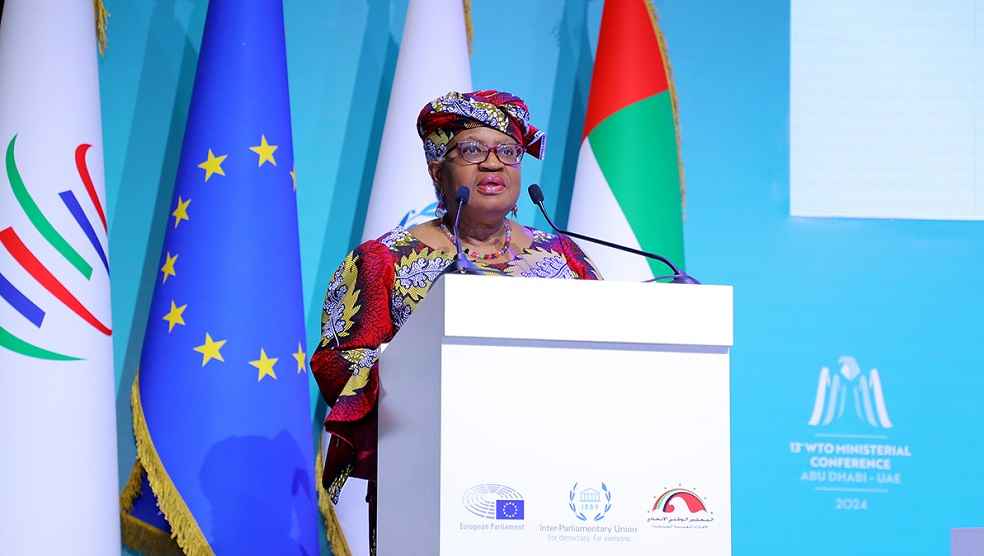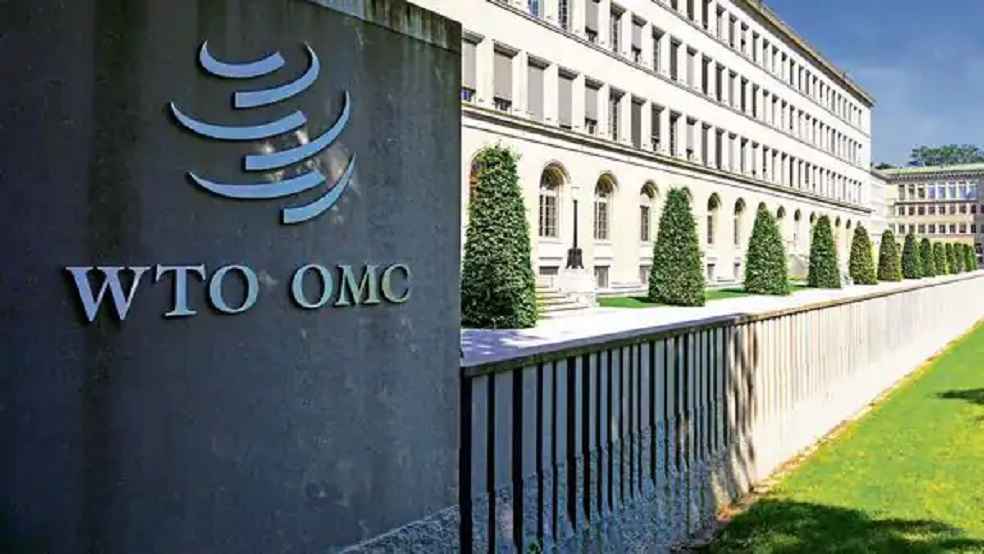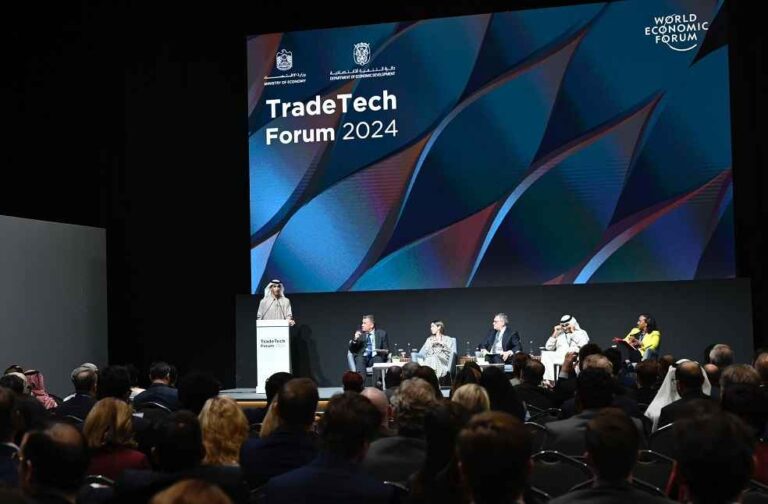The recent World Trade Organization (WTO) assembly concluded without significant accord, marking a period of turbulence for the global trade body. Hosted in the United Arab Emirates, the session ended prematurely on Saturday, underscoring challenges in forging consensus among 166 member nations on pivotal issues, notably fishing, agriculture, and digital taxation.
The sole consensus reached pertained to the extension of a moratorium on digital media taxes, a decision postponed to the next biennial meeting. This outcome illustrates the complexities inherent in achieving unanimity within the WTO framework, especially against a backdrop of global economic and political flux.

WTO Director-General Ngozi Okonjo-Iweala commented on the unprecedented level of international uncertainty, highlighting the organization’s democratic ethos despite the inherent difficulties this presents.
The assembly unfolded against a backdrop of global crises, including the Gaza conflict and maritime disruptions by Houthi rebels in the Red Sea. Though not directly addressed, these events underscore the intricate geopolitical landscape influencing trade discussions.
Forthcoming elections across numerous nations, with the United States presidential race on November 5 as a focal point, pose additional challenges for the WTO. The U.S.’s historical contention with the WTO under former President Donald Trump, who had threatened withdrawal and imposed tariffs, looms large. The outcome of this election could pivotaly affect global trade dynamics.

Persistent issues such as the stagnation of the WTO’s appeals court and criticisms of China’s trade practices further complicate the organization’s path forward. These enduring controversies underscore the necessity for reform within the WTO to navigate the shifting sands of global trade and maintain its pivotal role in facilitating international commerce.
The UAE meeting’s outcomes reflect the intricate challenges of securing global consensus on trade issues, underscoring the need for the WTO to balance national interests with collective action in a rapidly evolving political and economic environment.
LATEST NEWS | Sharlapaev’s U.S Visit Sparks Kazakhstan-U.S Mineral Partnership Boom



